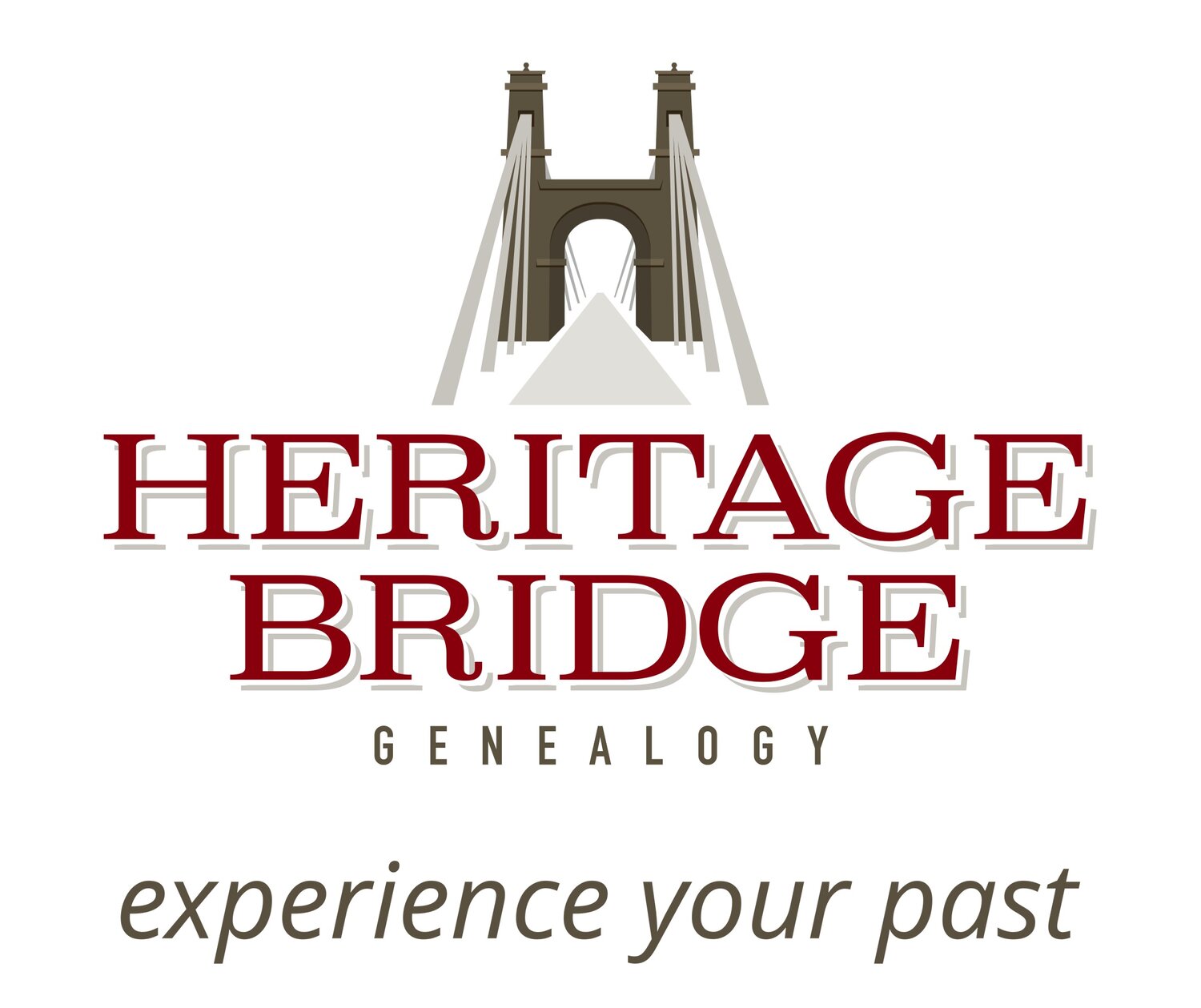What Does a Forensic Genealogist Do?
Let’s start with some definitions: a genealogist establishes identity and makes connections between generations. A forensic, or legal, genealogist does the same, except in cases with legal implications. Another key difference is that traditional genealogy goes back in time to identify long-ago relatives. Forensic genealogy comes forward in time. Why? Because the most common use of forensic genealogy is to identify living heirs to an estate.
Most forensic work includes identifying next-of-kin. For example, a typical project for a forensic genealogist identifies and locates heirs or beneficiaries, usually for probate, real estate, or insurance cases. Sometimes, this genealogist is called a
”probate genealogist.” This genealogist usually is an hourly consultant to law firms, banks and trust companies, and insurance companies.
For adopted individuals who want to find their birth parents, forensic genealogists can assist. For these cases, they use traditional genealogy plus DNA evidence to solve unknown parentage cases, Forensic genealogists also assist law enforcement in solving crimes in cold cases, while others help the military with the repatriation of remains.
A forensic genealogist employs ethics and methodology consistent with the highest standards in the genealogical profession and invests in specific education to do their job well, including studying at institutes and likely pursuing a credential. This genealogist is an expert in available records for the locality of interest, in evaluating the quality of evidence, and in drawing a written conclusion related to identity or relationship.
When should a law firm consider Hiring a Professional genealogist?
When the next-of-kin aren’t known
If the decedent had no children, no spouse, no siblings, and their parents are deceased too—this is a search for aunts/uncles and cousins·
When someone can’t be located, or identity is in question
When difficult situations like multiple marriages or a need for foreign research exist
When impartial documentation of relationships is needed
Learn more about forensic genealogy at Heritage Bridge, and please reach out if you would like to discuss what is possible with our forensic genealogy services.


